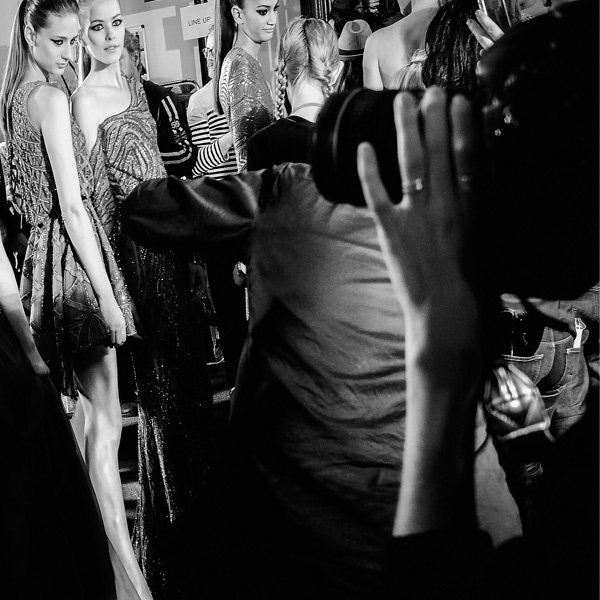LuxHub focus: Luxury super brands still dominate for luxury consumers
MUMBAI: A global survey from LuxHub, Havas Media Group’s newly launched luxury consulting boutique, takes in the view
The luxury market in India has seen a sea change as a result of the socio economic changes that the country has gone through. With the market becoming more open for foreign brands, more Indians eventually woke up to luxury goods. A few years ago, income disparity in metros and tier II cities, coupled with unavailability of stores restricted consumers from opting for luxury goods. They would rather invest in necessities than splurge on comfort goods. But that mentality has changed. More and more consumers are keeping up with international trends specially when it comes to fashion. And some are even setting their own.
That said, it is first important to understand how the luxury consumer buying habits works globally to paint a better picture on the real progress of luxury goods market in India.
LuxeHub, a strategic arm of the French public relations and advertising agency Havas, recently revealed their first global observatory report on the luxury consumer. The report examines the path and means consumer takes to purchase a high end fashion product.
Taken from a sample of over 6400 consumers across eight different markets, covering 25 luxury brands, the report gives a clear roadmap for producers to find the right means to engage their target market, and serves as a self awareness read for the consumers.
The study confirms people aspire to luxury fashion brands because they provide the thrill associated with the sense of belonging to a selected section while providing the unique opportunity to show off personal connoisseurship. However, in the more mature markets during the recent economic slowdown, customers have become increasingly price and quality conscious.
They are willing to pay more if they are provided with better, customised, meaningful experiences and services while they approach, select and purchase a luxury product.
Here are a few highlights on the global trends on luxury consumers:
1) The most well known luxury brands are associated with high quality (47 per cent), followed by being fashionable (32 per cent).
2) The study confirms that people aspire to luxury fashion brands because they provide the thrill associated with the sense of belonging to a selected section while providing the unique opportunity to show off personal connoisseurship. However, in the more mature markets during the recent economic slowdown, customers have become increasingly price and quality conscious.
3) The study confirms that despite the boom of online sales, e-commerce is still not widespread for luxury fashion brands (16 per cent), even if it?s perceived as more comfortable and convenient. The physical point of sale is still the most reassuring channel, confirming that touching and seeing a product is still an essential part of the shopping experience. The luxury experience itself represents the main barrier to e-commerce as on-line boutiques are not always able to meet customer expectations. But 40 per cent of traditional sales are strongly impacted by digital touch points and content.
4) Smartphones are increasingly used in the physical point of sale to complete a purchase. In the US, 40 per cent of the panel interviewed uses their mobile to compare prices, 40 per cent of the Chinese to buy the product at a cheaper price on-line; while Europeans remain the most reticent, with 28.3 per cent claiming they don?t use their phones at all while shopping.
5) All global luxury consumers are interested in content that provides them with practical and personal advice on new trends and seasonal must-have products related to their age, profile, and taste. Customised services and special treatment are also expected as well as exclusive offers following a subscription to a brand website and/or loyalty program.
6) Top six touch points with highest impact on brand awareness that influences the intention to buy are boutique experience (61.3 per cent), boutique windows (60.8 per cent), official brand websites (54.7 per cent), face to face opinions of friends/family (52.1 per cent), search engines (45.8 per cent) and online fashion publications (43.5 per cent).


 switch
switch
 switch
switch